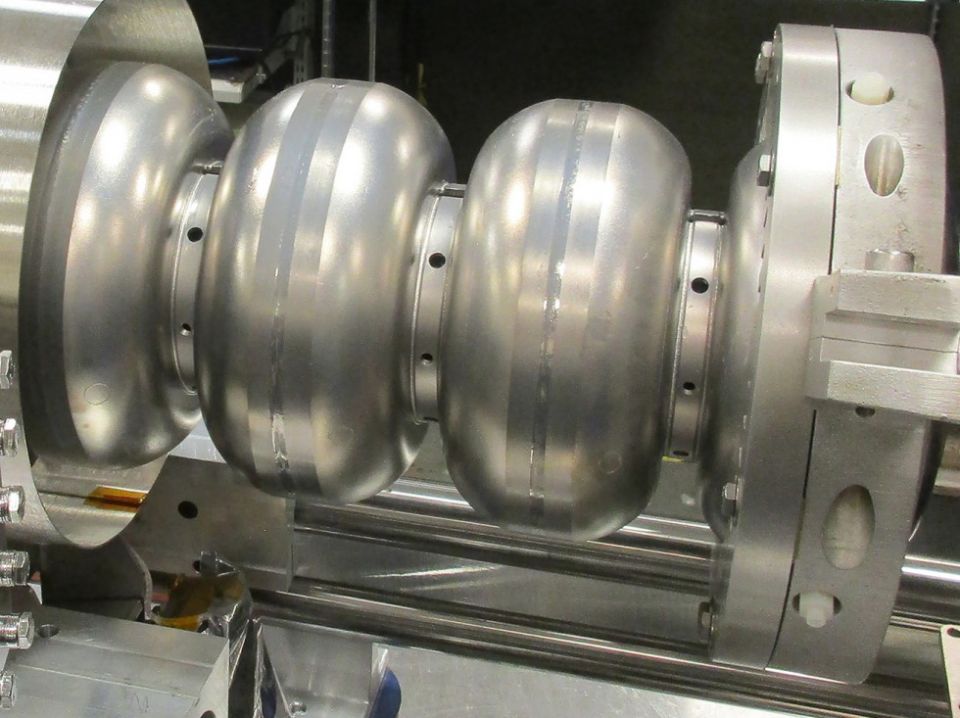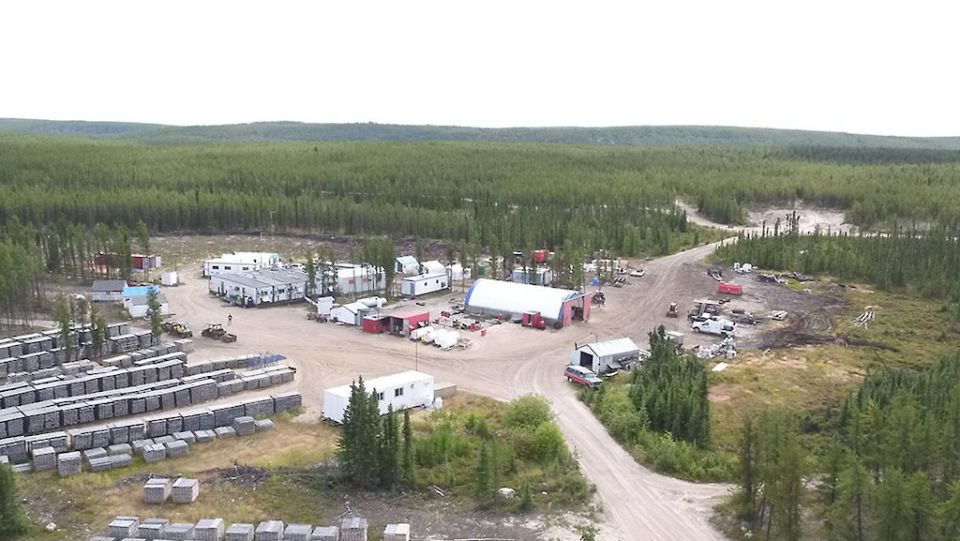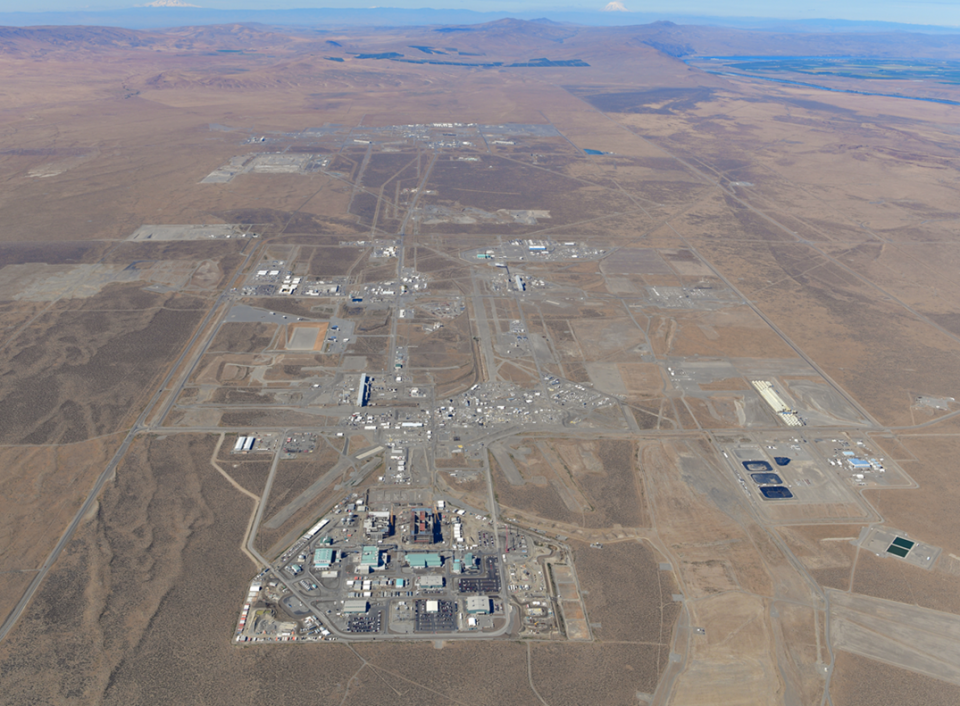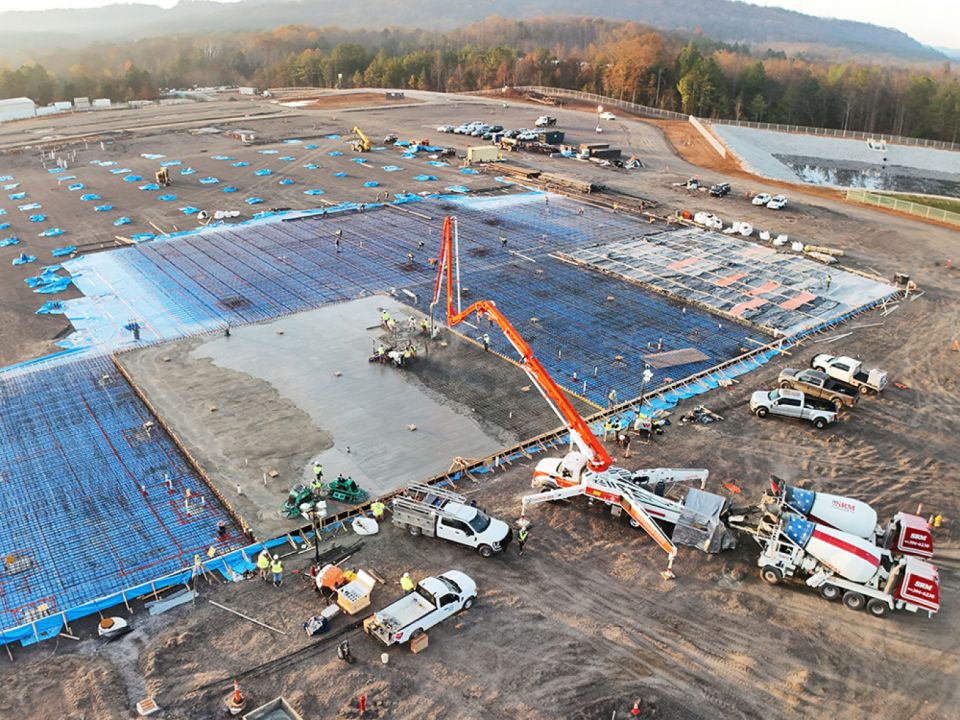DOE names four companies to split $2.7 billion in future HALEU enrichment contracts
If we needed more proof that this is a “nuclear week”—in the words of Energy Secretary Jennifer Granholm on Wednesday, as she announced small modular reactor funding while celebrating tech company investments in advanced reactors—the Department of Energy came through late yesterday when, just nine days after announcing six contracts for high-assay low-enriched uranium (HALEU) deconversion, it announced four contracts for HALEU enrichment services worth up to $2.7 billion. Those contracts are going to Centrus Energy’s American Centrifuge Operating subsidiary, General Matter, Orano Federal Services, and Urenco USA’s Louisiana Energy Services.

-3 2x1.jpg)





